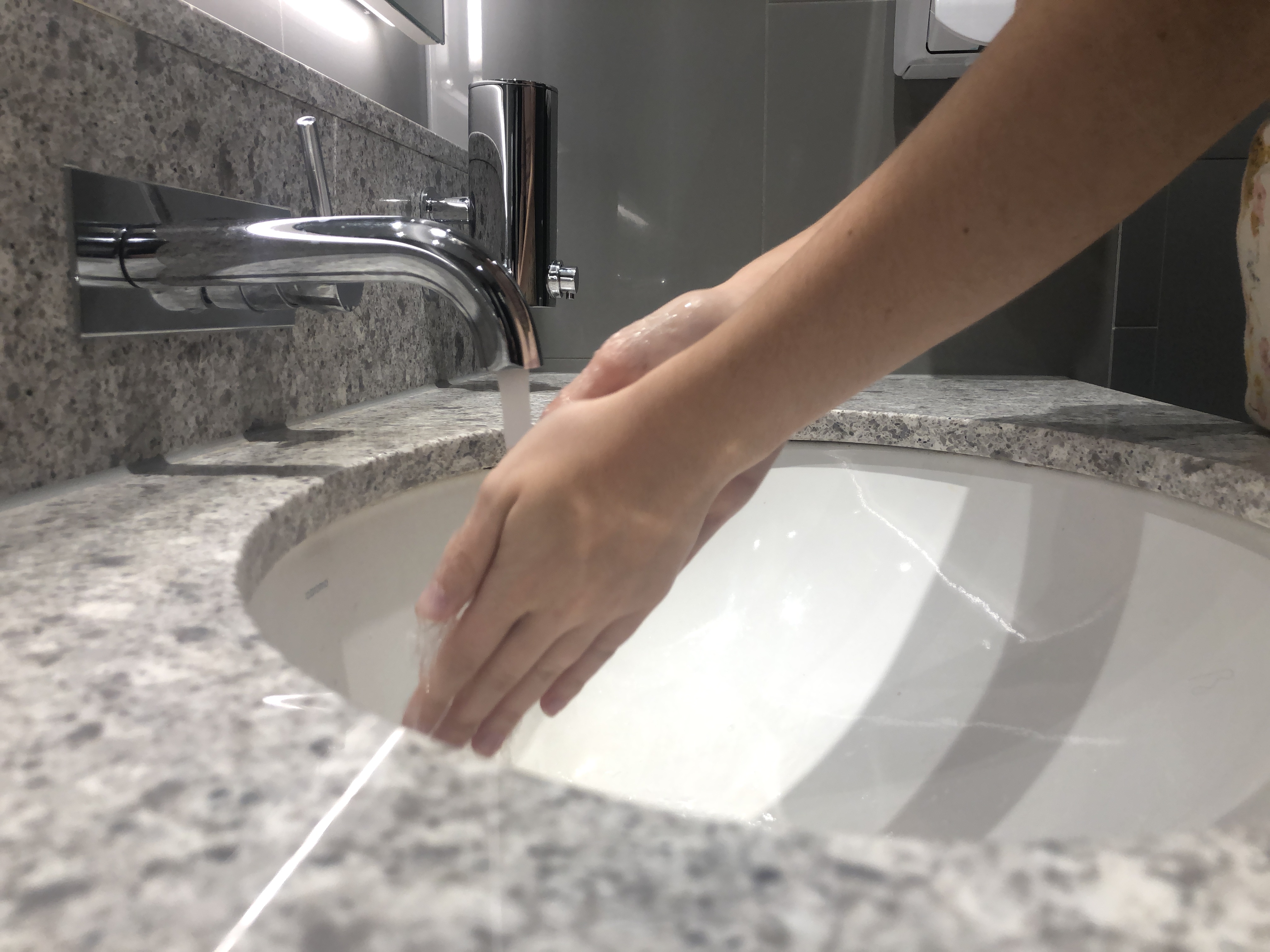We are all familiar with the over analytical, neat, colour-coding control freak that is the butt of the joke or the super-human sleuth that solves the world’s problems with their freakish skills of observation.
Those characters are meant to represent people with obsessive compulsive disorder (OCD). But, those representations are often one-dimensional, painting the complex mental health condition as a pop culture punchline.
So how do people who have been clinically diagnosed feel about the depiction of their disorder?
Kate, 28, is a HR consultant at one of Australia’s big four banks. She was clinically diagnosed with OCD at the age of 16 after her parents grew frustrated with the time it took her to get out the door for school in the morning, due to what they thought were ‘attention-seeking-stunts’.
“Oh God, Mum felt bad when they first clinically diagnosed me,” she says.
“I used to have a constant thought that if I didn’t check everything was in the right spot in my bag something might happen to one of my friends on the way to school.”
Kate was aware that her behaviour wasn’t rational, but she persisted. She printed out a spreadsheet at the school library, detailing everything she needed to take. Each item would get ticked off, then placed into the correct spot in her bag three times, before she could walk out the door.
“For me, it was so hard to explain to my friends and then even through uni and colleagues at my first jobs what OCD was and how incredibly frustrating it is to have that persistent stream of irrational thought. Because no one had seen it in the TV shows or movies they were watching, they thought it just meant I was super organised and a neat freak.”
It is a common question patients ask Dr Scott Blair-West, a Consultant Psychiatrist and Medical Director of Australia’s only inpatient OCD treatment centre at The Melbourne Clinic. The Clinic manages the care of just over 200 patients with OCD with a combination of medication, exposure therapy (ERP) and cognitive behaviour therapy (CBT).
“It is a reoccurring theme in our clinics. ‘How do I explain what it is to my family, friends, colleagues?’ and I think that lack of awareness could be partially attributed to the lack of realistic portrayal in mainstream media,” he says.
While Dr Blair-West doesn’t believe that it has clinical consequences, he says, “OCD isn’t portrayed with the same seriousness as conditions like depression, anxiety or PTSD in the media.”
Some of his patients think that comical references de-stigmatise the condition. “Some of my patients believe [that] makes it easier to talk about, but I certainly think there is an argument for the potential benefit of seeing the condition more accurately represented in film and television.”
–Teaghan Wilson.
Edited by Denby Weller.




